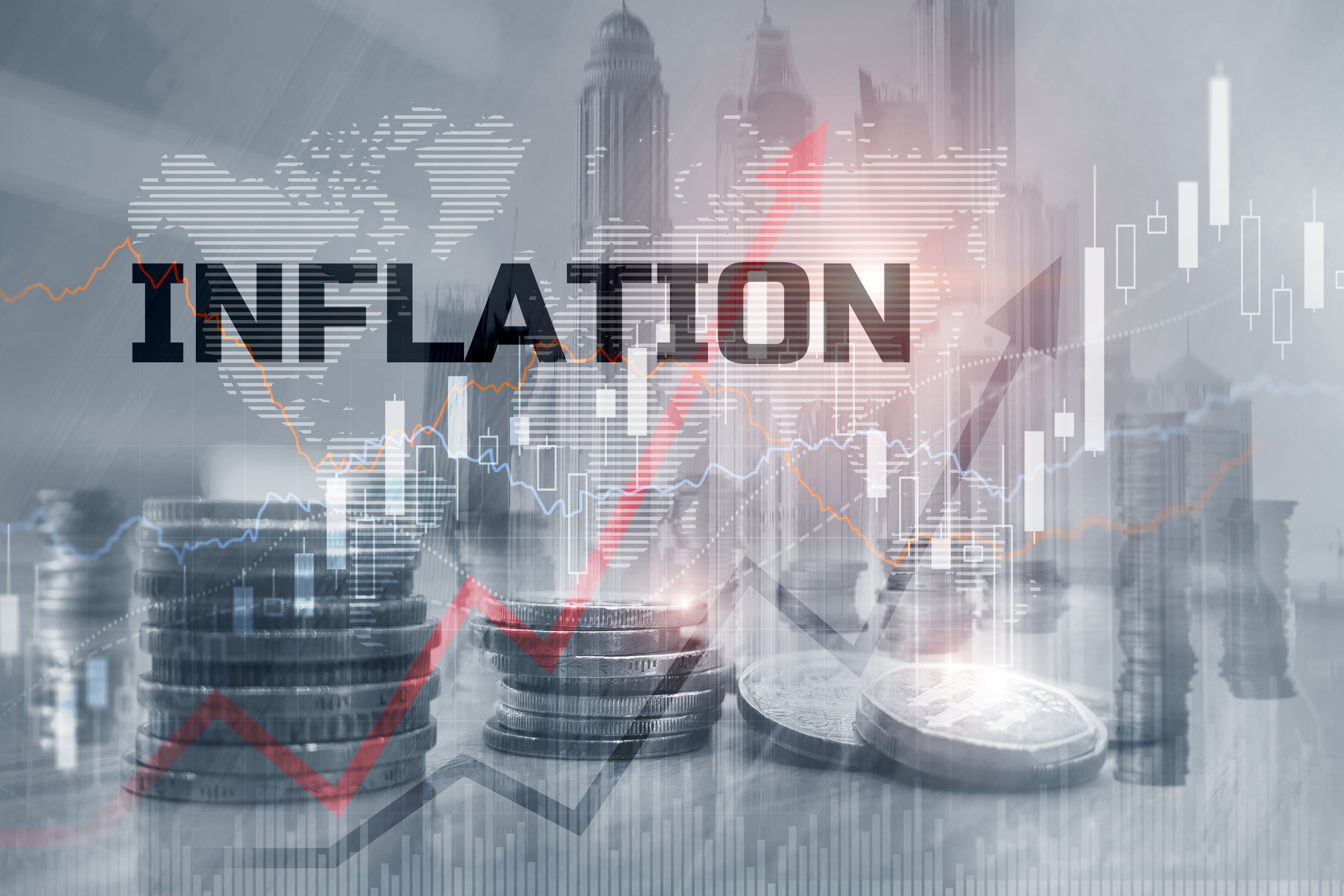The rate of inflation over the past year moved up to 3.4% from 3.1% in the prior month.
MarketWatch
Consumer prices rose somewhat faster at the end of 2023 and interrupted a slowdown in inflation, but the recent evidence still points to a further deceleration in the months ahead.
The consumer price index rose 0.3% in December to mark the biggest gain in three months.
The rate of inflation over the past year also moved up to 3.4% from 3.1% in the prior month.
The core rate of inflation, seen as better predictor of future price trends, also rose 0.3% in December. Economists polled by The Wall Street Journal had forecast a 0.3% increase.
The annual rate of core inflation ticked down to 3.9% from 4% in the prior month. That's the first time the rate has dropped below 4% since the middle of 2021.
While the latest CPI report was a bit hotter, it’s unlikely to change any minds at the Federal Reserve. Fed officials see the rate of inflation slowing to less than 2.5% in 2024 and to their 2% target by 2025.
The report probably won’t encourage the Fed to finalize plans to start cutting rates, either.
Financial markets predict the first rate cut will come in March, but senior Fed officials have suggested for the past few weeks that investors are premature.
On Tuesday, New York Fed chief John Williams said the Fed would likely need to keep U.S. interest rates high “for some time” to make sure inflation returns to the central bank’s 2% target.
The Fed sharply raised interest rates from the spring of 2022 to the summer of 2023 to try to slow the economy and temper the worst bout of inflation since the 1980s.
BIG PICTURE: The Fed has managed to corral runaway inflation without triggering a recession or throwing millions of Americans out of work. Inflation has slowed to just a little over 3% from a peak of 9.1% in the middle of 2022.
Most economists still predict the economy will slow in the first half of 2024 due to higher interest rates, but they are split on the odds of recession.
The jobs market holds the key. The Fed wants to see the supply and demand for labor come into better balance and reduce the upward pressure on wages. Yet as long as unemployment remains low, a recession can probably be avoided.














